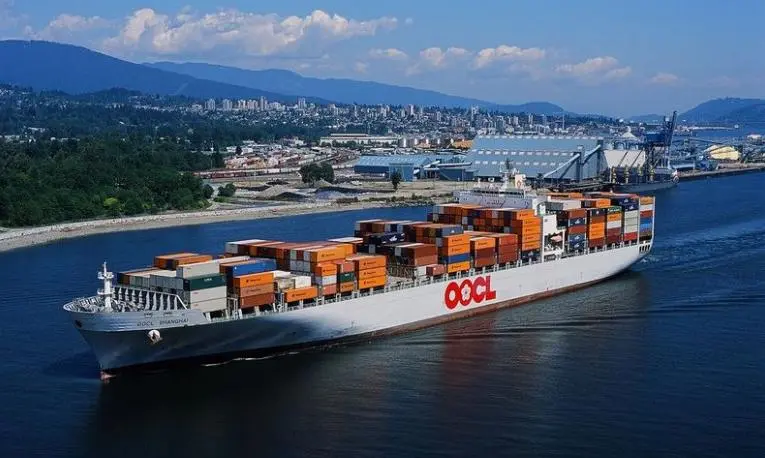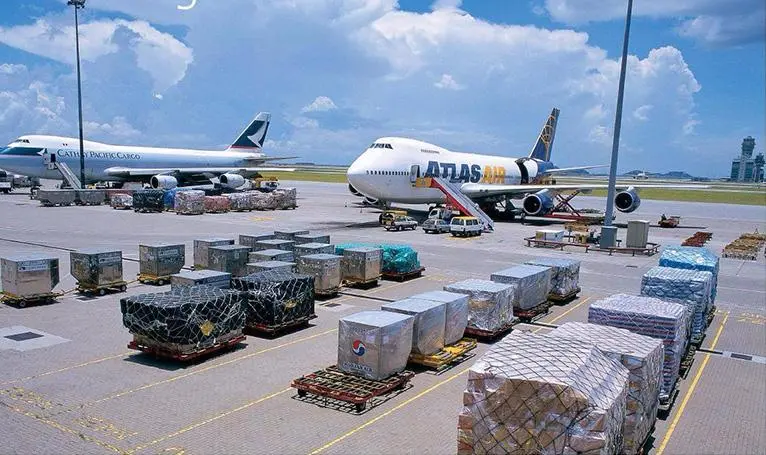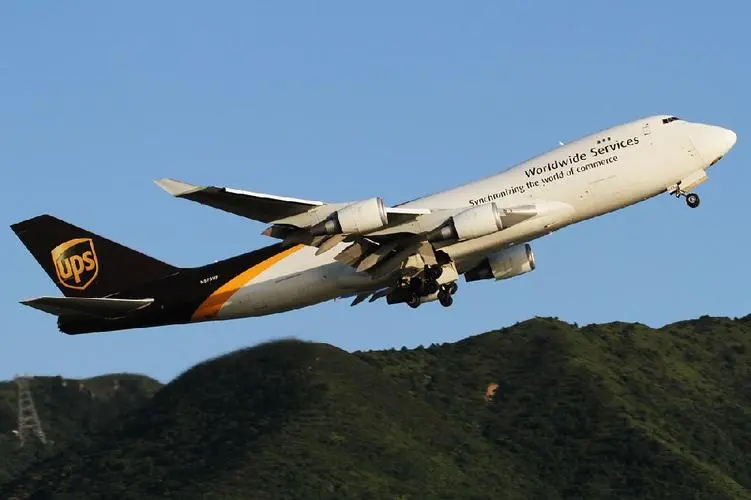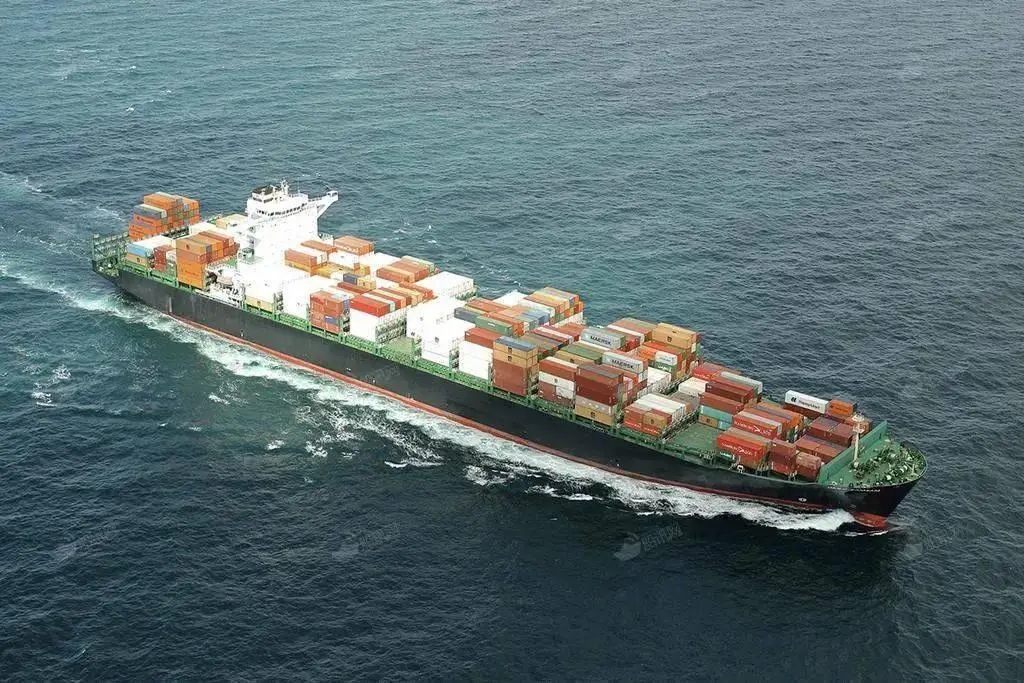How can international freight forwarding companies reduce transportation costs?
With the continuous development of global trade, international freight forwarding companies are facing many challenges in reducing transportation costs. This article will delve into the strategies adopted by international freight forwarding companies under the two freight modes of ocean freight shipping and air freight, in order to improve efficiency and optimize cost structure.
Ocean freight shipping: optimizing shipping schedule and cargo packaging
Optimizing shipping schedule: As one of the main freight methods, ocean freight shipping directly affects the overall transportation efficiency. International freight forwarding companies can establish close cooperation with shipping companies, flexibly utilize shipping schedules, achieve maximum container loading, and reduce transportation costs.
Packaging and warehousing of goods: For ocean freight shipping, the packaging and warehousing of goods are also important links that affect costs. International freight forwarding companies can adopt advanced warehousing technology to optimize the storage layout of goods and reduce waste of warehousing space. At the same time, by reasonable packaging of goods, reducing volume, improving loading rate, and further reducing ocean freight shipping costs.

Air freight: Reasonable selection of flights and cargo classification
Reasonable selection of flights: Air transportation usually has the main advantage of timeliness, but the cost is also correspondingly high. International freight forwarding companies can choose flights reasonably based on the urgency and cost budget of the goods when choosing air freight services
Classification of goods: International freight forwarding companies can classify and manage goods of different natures, and adopt different transportation strategies based on their characteristics such as timeliness and value. For some goods that do not pursue rapid delivery, more economical cabin space can be chosen for integrated transportation, thereby achieving lower air freight costs.

Information management: improving transportation efficiency
Intelligent logistics system: The adoption of intelligent logistics system is the key to improving the efficiency of ocean freight shipping and air transportation, and reducing costs. By monitoring the transportation status of goods in real-time, optimizing route planning, reducing the number of transfers, and improving the efficiency of goods transportation.
Data analysis and optimization: By utilizing big data analysis techniques, international freight forwarding companies can delve deeper into transportation data, identify cost peaks and efficiency bottlenecks. Through precise analysis of data, transportation strategies can be adjusted, route planning can be optimized, and resource utilization efficiency can be improved.

Flexible and diverse cooperation models
Multi party cooperation: Establish flexible and diverse cooperation models with multiple shipping and airline companies, and select suitable transportation partners based on different routes and shipping schedules. Through flexible supply chain management, adjust partners according to market demand and seasonal changes to achieve more sensitive transportation cost control.
Comprehensive service expansion: In addition to traditional freight services, international freight forwarding companies can also expand related service areas, such as cross-border e-commerce logistics, warehousing management, etc. By providing comprehensive logistics solutions, diversified services can be achieved, further reducing the overall operating costs of the enterprise.

Conclusion:
International freight forwarding companies need to fully leverage technological empowerment and innovative spirit in reducing transportation costs. By optimizing the operational processes of ocean freight shipping and air transportation, selecting transportation tools and routes reasonably, and introducing information management systems, cost control and efficiency improvement are integrated to achieve stable development. The dual promotion of technology and innovation provides strong support for international freight forwarding companies to maintain a competitive advantage in global competition.




